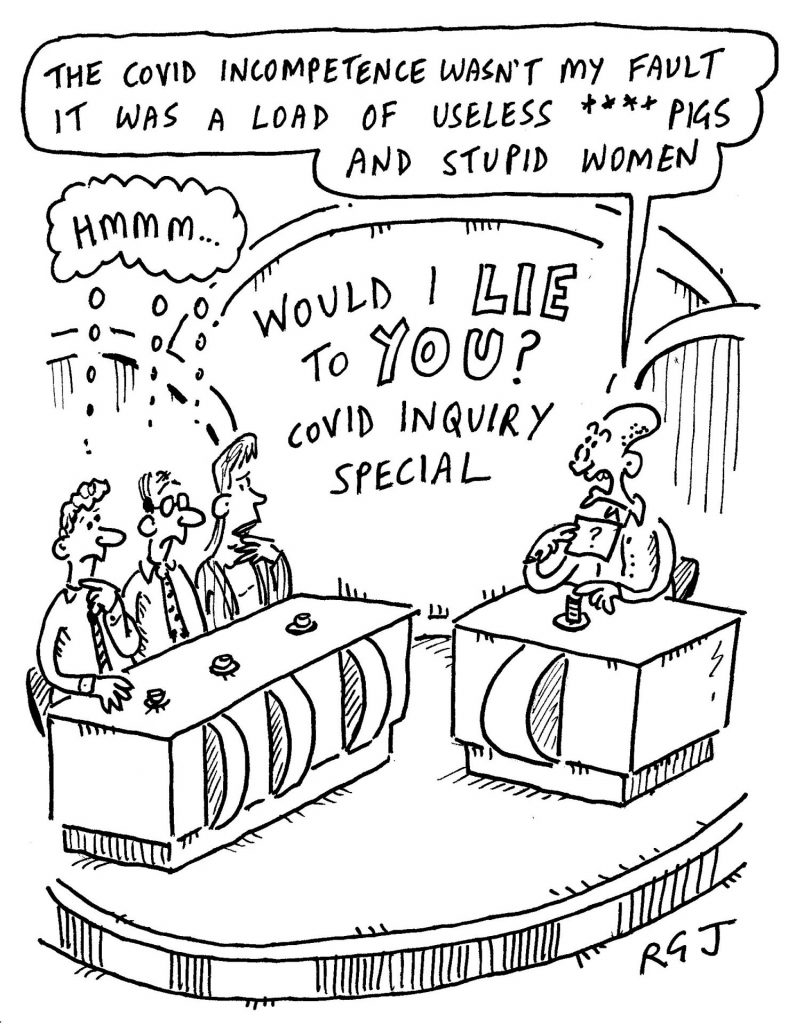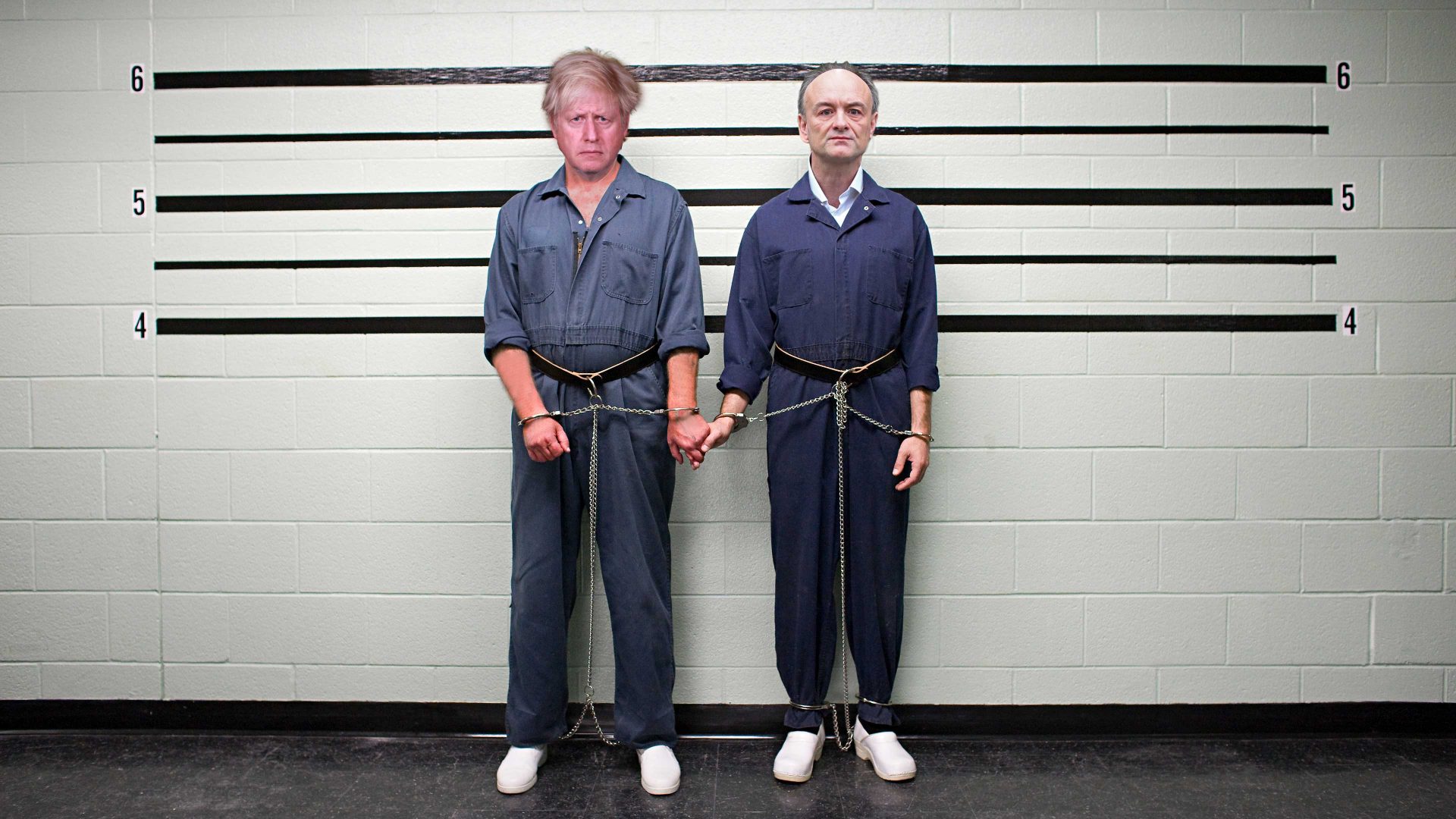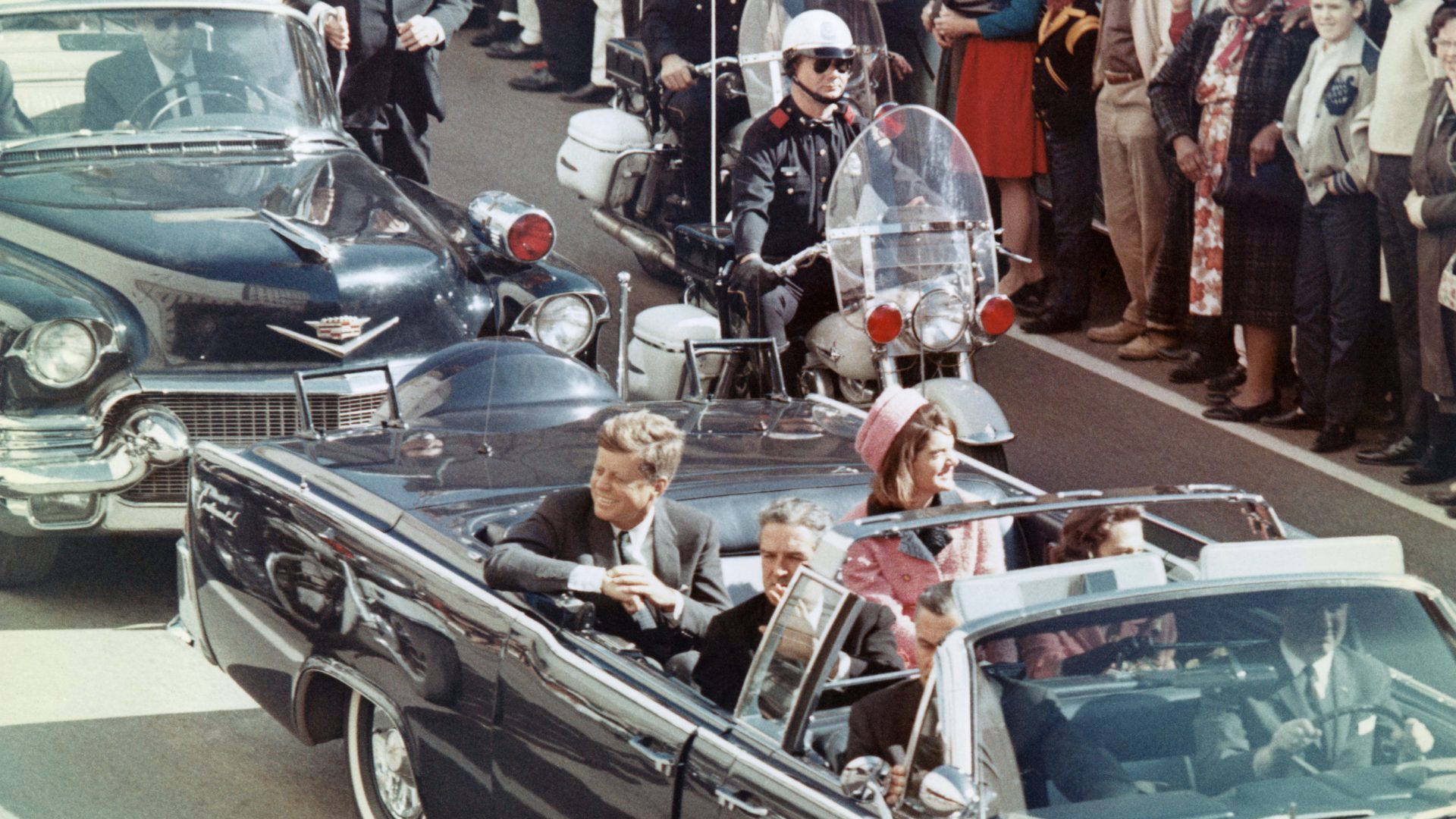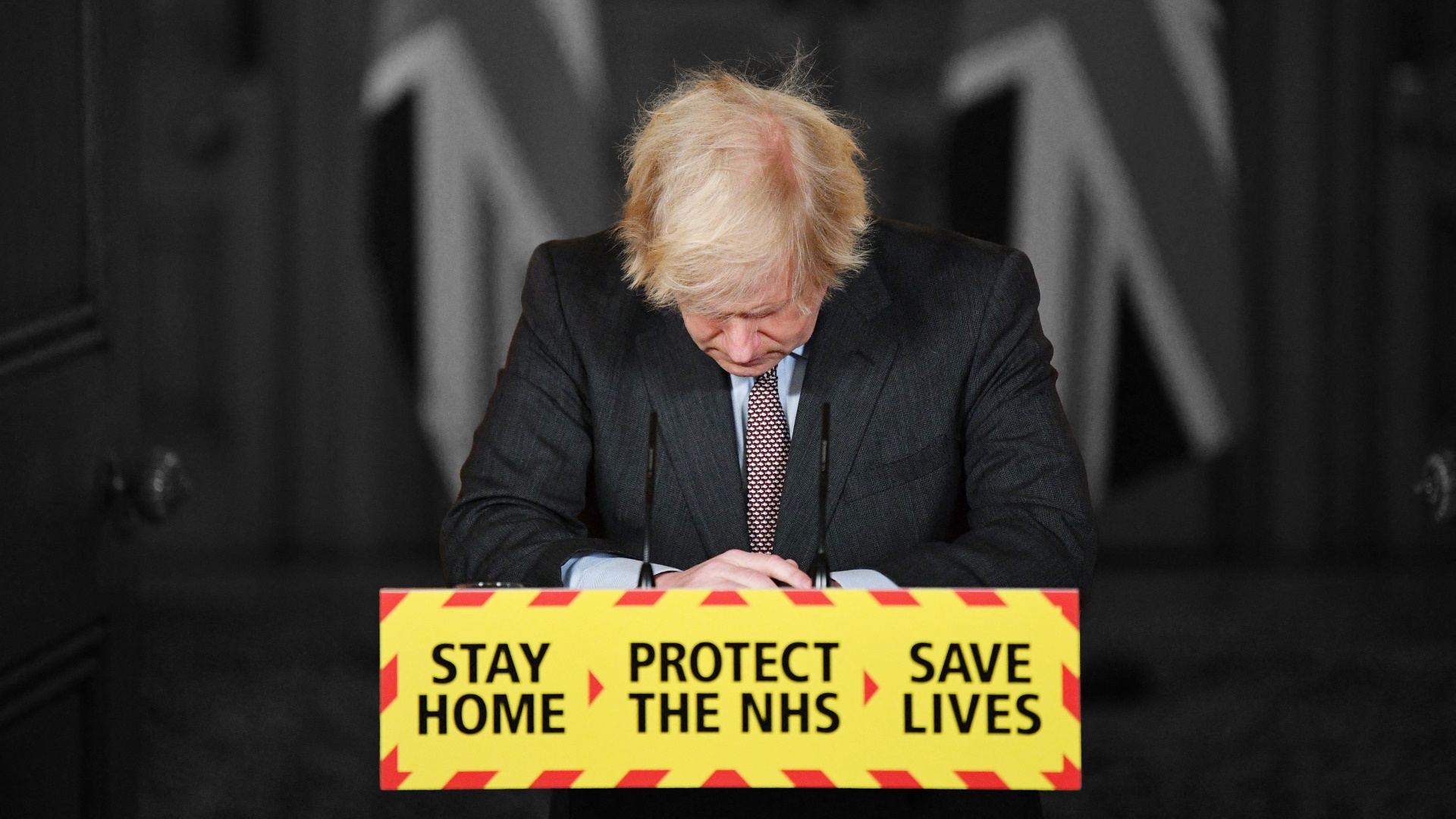To the splendour of the Mansion House, to speak at the British Property Federation’s annual dinner, where we were served a tremendous three-course meal, courtesy of catering by the Clink Charity.
If you’re not aware of Clink, check it out. They work to help prisoners train in all things catering with a view to getting City and Guilds qualifications while in jail, and finding work in the sector after they’re released. They also run restaurants inside several prisons, much of the food grown by prisoners, and all of it cooked and served by them, as I discovered a while back with a very enjoyable evening out… in Brixton Prison.
At the somewhat plusher Mansion House, I was able to get my first round of applause of the evening by asking for appreciation for a chef who, by the time we were settling into our nice warm beds in our nice comfy homes, would be back in his cell after being let out for the day to do the cooking.
Then I was able to get my first big laugh of the evening by asking: “Is it too much to hope that at a future Federation dinner, we will be offering our thanks to Boris Johnson and Dominic Cummings for having made us a lovely dinner before returning to Brixton jail?” And amid the laughter, there was also some wildly enthusiastic applause. I sensed there would be considerable support for the prospect.
Certainly what has emerged already at the Covid Inquiry merits, surely, not just accountability, but real sanction. Misconduct and malfeasance by the ton. Corruption. People losing their life needlessly because of the cavalier, unserious, incompetent, law-breaking charlatans it was our misfortune to have in Downing Street at a time of national and global crisis.
And is it not fascinating to reflect that if there were a public inquiry into the damage done by Brexit, so many of the same characters we are seeing at the Covid Inquiry would be called to give evidence, and the same lack of seriousness, and utter unsuitability for low, let alone high, office, would be on display? The damage these chancers have done on so many fronts is off the scale.
I added a new show of hands category, and I can report a rare piece of good news for Johnson. I gave the audience three options for “worst PM ever”. First, any one out of Churchill and Thatcher, Attlee and Blair. Second, Johnson. Third, Liz Truss. Nobody saw any of that Group of Four as the worst ever. Just over a third went for Johnson. Just under two-thirds for Truss. To be seen as worse than Johnson, that really is some achievement.

I don’t read the Daily Mail, but I am assuming it was their continuing news blackout on anything deemed bad for their “star columnist” that lay behind a tweet that caught my attention… “Starmer has Naan bread with a beer in Durham” … 13 Mail front pages. “Johnson tries to kill your Nan” …. Nothing to see here.
In possibly unrelated news, the Mail has seen yet another huge fall in circulation. I always thought Paul Dacre would end his days an unhappy man. No peerage, shunned by polite society, Labour likely to be in power, readership in free-fall.
In France last week, I noticed that at our local cinema Ken Loach’s film, The Old Oak, was showing, with subtitles (probably wise given the preponderance of thick north-east accents). Now Loach may be an ultra-Corbynista who lost his Labour membership because of continuing support for people kicked out for antisemitism. But he is a brilliant film-maker, and I thoroughly enjoyed The Old Oak when I saw it in London a few weeks ago.
It seems the French enjoyed it even more. Two friends, retired schoolteachers who went to see it in Vaison-la-Romaine, reported back that there was not a single spare seat in the cinema and that at the film’s conclusion, the audience rose in applause. Even in cinema-loving France, they said, that does not happen very often.
The Mansion House may ooze history and grandeur, but another great venue for speeches is the more modern setting of the Islington Business Design Centre, where I spoke at the Net Zero Festival 2023. I did a fair bit of research for it, and discovered lots to cheer myself up amid the fears of climate Armageddon, and the change in the nature of debate following Seven-bin Sunak’s ludicrous post-Uxbridge by-election pivot from Planet-Saver to Warrior for Gas-Guzzlers.
How about this? In the last decade alone, public and private action has lowered the cost of wind energy by 60% and of solar energy by 89%. For the UK, the costs of renewables are three times less than the cost of fossil fuels, and indeed, in the peak of the Putin energy price crisis last summer, nine times less. Or this analysis by Credit Suisse of Joe Biden’s Inflation Reduction Act… “the most ambitious and comprehensive legislative action the United States has ever taken on addressing climate change”.
Thanks to the IRA (the new American one, not the old Irish one we used to have to deal with in government,) political assumptions are being turned on their head. So how about this to gladden the heart of all climate-concerned progressives? Trumpian Texas now leads all other US states in wind and solar, and across the country as a whole, heat pumps are outselling gas boilers, because of government support.
And what about this one? Exponential growth in electric vehicle sales is transforming the auto sector faster than predicted, with EVs set to dominate global car sales by the end of the decade, putting at risk nearly half of worldwide oil demand.
Leading markets have already passed a tipping point, with the EU and China seeing battery electric vehicles cheaper to own than petrol and diesel cars in the small and medium-sized car segments. Battery electric vehicles are likely to cross a second tipping point where their purchase price falls below that of an equivalent petrol or diesel car as early as 2024 in Europe, 2025 in China, 2026 in the US, and 2027 in India.
So in Norway, which has made itself one of the richest countries in the world by using its oil money rather more wisely than we did, EV sales have reached 93% of total car sales on the back of tax rebates driving the upfront cost of EVs to be 5-10% cheaper than petrol and diesel cars, and total cost of ownership up to 20% cheaper. And within 18 months it is likely that electric vehicles in the UK will be cheaper than their carbon-intensive competitors, even without subsidy. The main frustration is most likely to be an absence of a decent charging infrastructure due to a failure of – our old friend – government-led planning.
But the bottom line is this: making the green option cheaper – a lot cheaper – is the only way to make the transition work at the speed and scale we need. If green cars are cheaper, and if mortgages for well-insulated sustainable buildings are lower, who wouldn’t support the transition to net zero?
And don’t say I never bring you good news amid all the doom and gloom.




